In today’s digital age, mobile app development has become a cornerstone of success for businesses across industries. Choosing the right programming language for mobile app development is critical, as it directly affects app performance, scalability, and user experience. Below, we explore the most popular programming languages for mobile app development, their use cases, and advantages.
Top Programming Languages for Mobile App Development
1. Java
Best for: Android App Development
Java has been a long-standing choice for Android app development. Its platform-independent nature and extensive libraries make it a reliable option for developers. Supported by Google, Java offers robust features and tools to build scalable and secure apps.
Advantages:
- Extensive community support.
- Built-in garbage collection for efficient memory management.
- Compatible with a wide range of devices and systems.
2. Kotlin
Best for: Modern Android App Development
Kotlin, a statically-typed language developed by JetBrains, is now officially supported by Google as a preferred language for Android. It simplifies code, reduces errors, and enhances productivity.
Advantages:
- Fully interoperable with Java.
- More concise syntax compared to Java.
- Null safety feature reduces runtime errors.
3. Swift
Best for: iOS App Development
Swift is Apple’s official programming language for iOS, macOS, watchOS, and tvOS development. Designed to be fast and safe, Swift has become the go-to choice for creating powerful and user-friendly iOS applications.
Advantages:
- Optimized for performance and speed.
- Readable and clean syntax.
- Supported by Apple with regular updates.
4. Objective-C
Best for: Legacy iOS App Development
Before Swift, Objective-C was the primary language for iOS app development. While its use has declined, it is still essential for maintaining older iOS apps or integrating with C and C++ libraries.
Advantages:
- Mature language with extensive resources.
- Seamless compatibility with C and C++ libraries.
5. Dart
Best for: Cross-Platform App Development with Flutter
Dart, developed by Google, powers the Flutter framework, enabling developers to create high-performance apps for iOS and Android with a single codebase.
Advantages:
- Hot reload feature for faster development.
- Smooth animations and UI rendering.
- Strong support for cross-platform development.
6. JavaScript
Best for: Hybrid and Web-Based Mobile Apps
JavaScript, when used with frameworks like React Native or Apache Cordova, allows developers to build hybrid apps that work across platforms. It is particularly effective for apps requiring rich user interfaces.
Advantages:
- Extensive libraries and frameworks.
- Code reusability across web and mobile platforms.
- Large developer community.
7. C#
Best for: Cross-Platform Apps with Xamarin**
C#, developed by Microsoft, is commonly used with Xamarin to create apps for both iOS and Android. Its robust ecosystem and integration with Microsoft tools make it a strong choice for cross-platform development.
Advantages:
- Integrated with the .NET framework.
- Easier learning curve for developers familiar with C-like languages.
- Powerful IDE support through Visual Studio.
8. Python
Best for: Backend Development and Prototypes
Python is not a native language for mobile app development but can be used for backend services or app prototypes with frameworks like Kivy or BeeWare.
Advantages:
- Simple and readable syntax.
- Ideal for rapid prototyping.
- Large number of libraries and frameworks.
9. C++
Best for: High-Performance and Gaming Apps
C++ is a powerful language for resource-intensive applications, including mobile games and high-performance apps. It can be used to develop native apps for both Android and iOS.
Advantages:
- Exceptional performance.
- Portable code across platforms.
- Extensive use in game engines like Unreal Engine.
10. Ruby
Best for: Backend and APIs**
Ruby, used with the Ruby on Rails framework, is ideal for creating backend systems and APIs for mobile apps.
Advantages:
- Developer-friendly with concise syntax.
- Strong community and extensive libraries.
- High productivity for backend development.
How to Choose the Right Programming Language?
The choice of programming language depends on several factors, including:
- Platform: Determine whether you’re building for iOS, Android, or both.
- App Type: Consider the complexity, functionality, and performance requirements of your app.
- Development Team Expertise: Leverage the skills of your development team to maximize efficiency.
- Project Budget: Evaluate the costs associated with using a particular language or framework.
Conclusion
Selecting the right programming language for mobile app development is a critical decision that influences the app’s functionality and scalability. Whether you’re creating a native, hybrid, or cross-platform app, understanding the strengths and use cases of each language will help you make an informed choice.

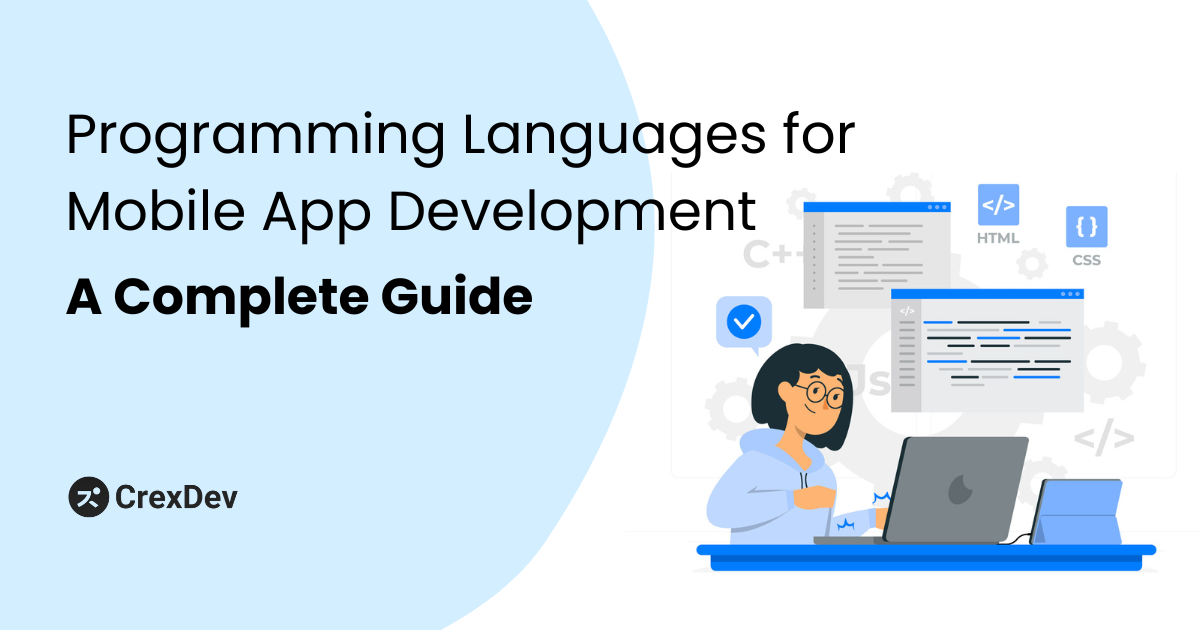
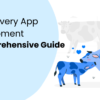
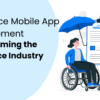
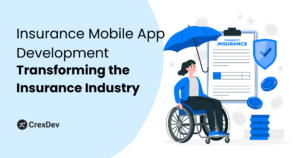
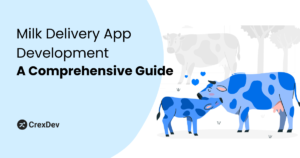

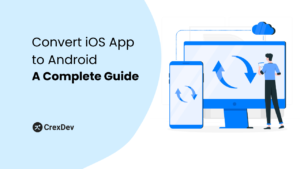
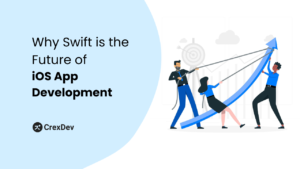
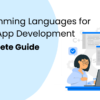

Add comment